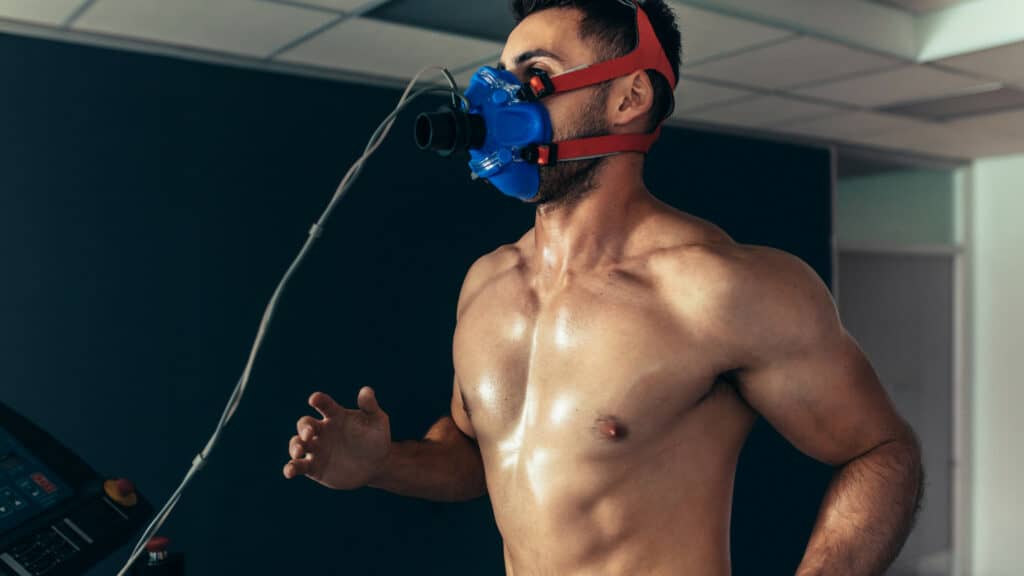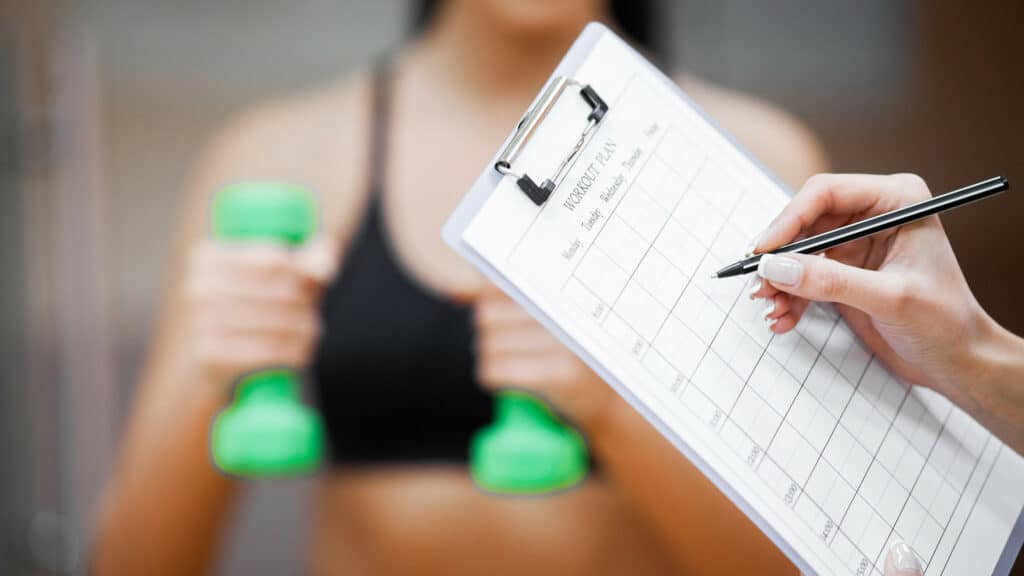Introduction: Have you ever wondered if you are in shape? Or maybe how you can test your fitness level? After all, what is fitness? Fitness isn’t just about lifting weights or running fast – it’s much more than that. In fact, there are 8 +1 different physical abilities that make up fitness, and each one is important for your health and athletic performance. But how can you tell if you’re excelling in all of these areas? This article will explain how a fitness assessment will help you get in shape faster.

What is Fitness?
As we already said, physical fitness isn’t just one thing. It isn’t only about lifting heavy weights, running 5k, or looking good.
It’s divided into 8 +1 different physical abilities, and all of them are essential for your health and athletic performance. These are:
- Aerobic capacity
- Anaerobic capacity
- Strength
- Speed
- Power
- Flexibility
- Proprioception
- Agility
- Body composition
You can measure your performance at each of these abilities by taking specific fitness tests. After taking these fitness assessments, you can compare your score to fitness norms and see if your level at each physical ability needs improvement.
By the way, if you want to learn more about physical abilities and how to assess your level, I suggest you read our articles Which are the main physical abilities and How to measure your fitness level at home Part 1 and Part 2.
What does it mean to be fit?

Scoring 100% at just one physical ability doesn’t make you fit.
For example, you could have a fantastic body with a six-pack and nice muscles but can’t touch your toes. This would mean you have an excellent body composition and probably strength but poor flexibility. Or you might be able to run a marathon but take breaks hauling groceries. In that case, your aerobic capacity is superb, but you lack strength in the upper body. We could keep finding examples of fitness imbalances, but you get the point.
On the other hand, being fit doesn’t mean you have to excel at each physical ability. Actually, it isn’t realistic to expect you to score 100% on all fitness tests.
Think of it in two steps.
First, you have to build the base. Aim to reach the minimum recommended performance at each physical ability to be healthy. These minimum requirements depend on your age and sex and are described by several health organizations like the American College of Sports Medicine, the World Health Organisation, and others.
Then go for excellence. Try to improve your performance in particular abilities required for the sport you participate in, your talents, or your taste.
For example, if you are a runner, you should focus on building your aerobic capacity and lower limb strength endurance after establishing the minimum suggested overall fitness.
Why taking a fitness assessment is important.

You may wonder why you should bother assessing your fitness level. Maybe you should just start working out, and the results will come.
And the answer is your time is priceless. Fitness assessments are essential if you want to reach maximum results in the minimum time and with safety.
Here is how a fitness assessment will help you get in shape faster:
To start with, assessments help your trainer design a bespoke training plan based on your fitness level. If you are just starting to work out, how do you know how heavy to lift or how fast to run or cycle? An initial assessment is considered the starting point for designing an exercise program that will match your personal strengths and weaknesses.
Additionally, assessments provide information about your progress. How do you know the program is working? Soreness and fatigue are subjective signs which can’t be used as a solid base. On the contrary, max push-up repetitions, 1-mile run time, and single-leg balance time turn your strength, aerobic capacity, and proprioception into numbers, which can be used to gauge your progress. That way, your trainer will be able to redesign your program regularly and keep it challenging for you.
Lastly, fitness tests can increase your motivation for your exercise program. Knowing your fitness level can help you set clear goals and stay focused on passing that level in the future.
Remember that finding out your fitness assessment results for the first time isn’t as important as using them as a baseline and working to improve them. You should repeat these fitness tests regularly (once a month works perfectly) to see how you’ve progressed.
Conclusion
Fitness is much more than appearance and strength. A fitness assessment is essential for reaching your health and performance goals. By measuring your performance at each physical ability through specific fitness tests, you can design a bespoke training plan, track your progress objectively, and stay motivated. Don’t just guess if you’re fit – assess your fitness level regularly and work towards improving your performance in all physical abilities. This will help you reach your goals much sooner.
FAQs:
Q: What does it mean to be fit?
A: Being fit means having a well-rounded level of performance across 8 +1 different physical abilities.
Q: How often should I assess my fitness level?
A: It’s recommended to assess your fitness level monthly to track your progress and adjust your training plan as needed.
Q: Can fitness tests be used to gauge progress objectively?
A: Yes, fitness tests provide specific metrics that can be used to track your progress and objectively measure your performance.
